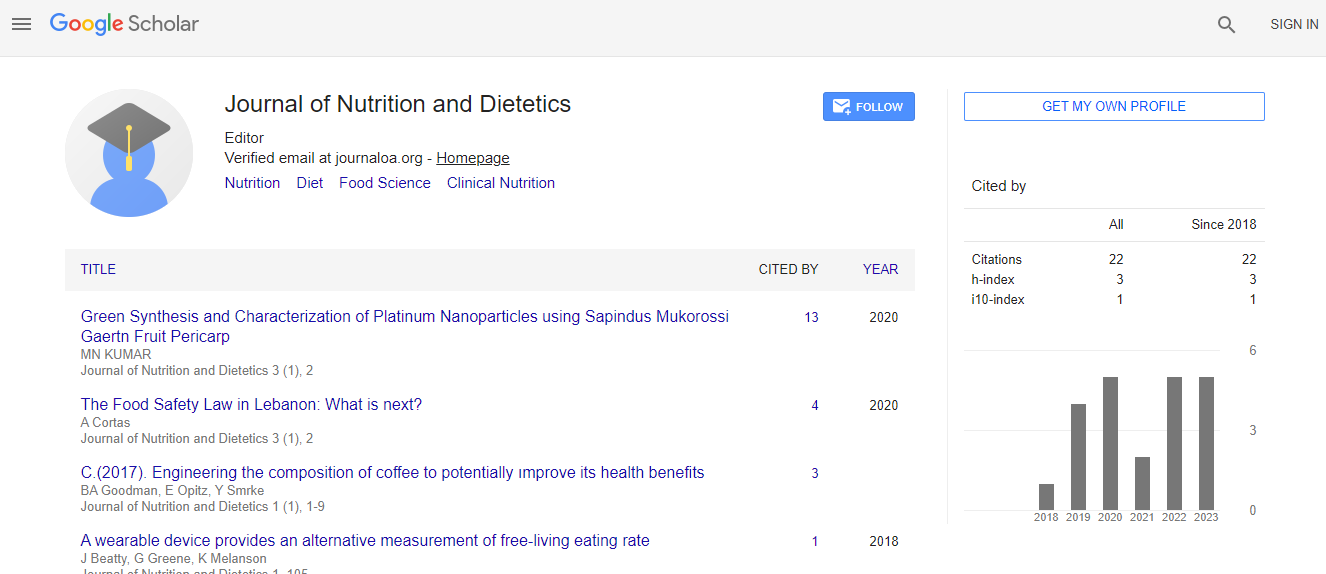Developing Effective Delivery Systems of Beneficial Bacteria in Food Products
*Corresponding Author:
Copyright: © 2019 . This is an open-access article distributed under the terms of the Creative Commons Attribution License, which permits unrestricted use, distribution, and reproduction in any medium, provided the original author and source are credited.
Abstract
Nowadays there is a growing interest in developing novel functional foods containing probiotic microorganisms. To deliver the health benefits, probiotic products need to contain an adequate amount of live bacteria capable of surviving the acidic conditions of the upper gastro-intestinal tract, as well as proliferating in the intestine, a requirement that is not always fulfilled. To overcome such deficiencies, immobilization techniques have been developed, aiming at stabilization of cells and formulation of new types of foods fortified with immobilized health-promoting bacteria that are only released upon reaching the human gut. In this vein, immobilization of probiotic cells on natural, food-grade, prebiotic dietary fibres was studied. As it is important to develop approaches that are compatible with the use of dried cultures, a technology which accommodates its use by the industrial and commercial sector, the wet immobilized cultures were then subjected to drying processes (freeze- and thermal-drying) and the survival rate after the drying procedure and during storage at room and low-temperatures (4 and -18oC) for various time periods (up to 1 year) were studied. Cell immobilization enhanced cell viability and extended the shelf-life of pro-and pre-biotic fortified foods, as documented by microbiological and molecular analysis. The probiotic strains were encountered at levels greater than 7 logcfu/g after 2 and 12 months of storage at ambient and low temperatures, respectively, and can also withstand high temperature processing steps (up to 60oC) with no significant loses. Our process resulted in successful dried immobilized probiotic culture preparations appropriate for many food applications that maintained cell viability during storage for time periods suitable for industrial uses. Lactic acid bacteria are the various most critical companies of microorganisms used in meals fermentations and are largely protected inside the genera Carnobacterium, Enterococcus, Lactobacillus, Lactococc Leuconostoc, Oenococcus, Pediococcus, Streptococcus, Tetragenococcus, Vagococcus and Weissella.

 Spanish
Spanish  Chinese
Chinese  Russian
Russian  German
German  French
French  Japanese
Japanese  Portuguese
Portuguese  Hindi
Hindi 